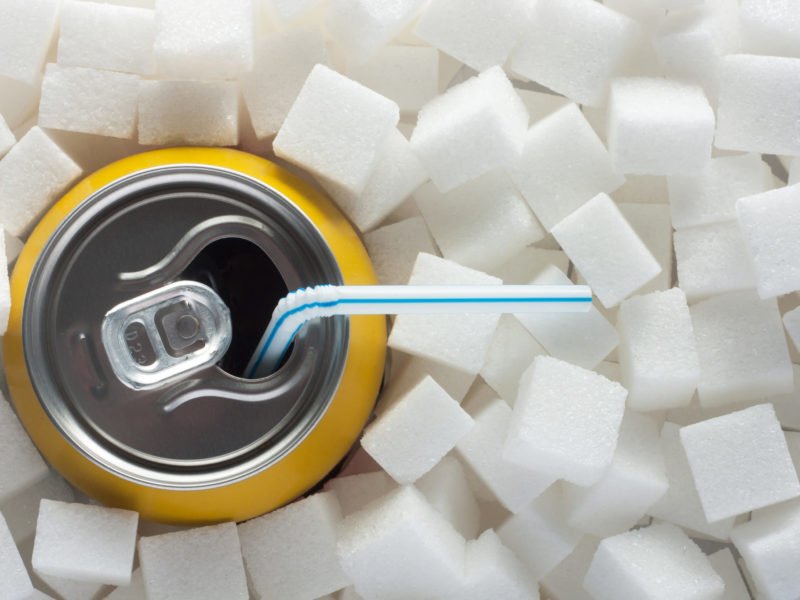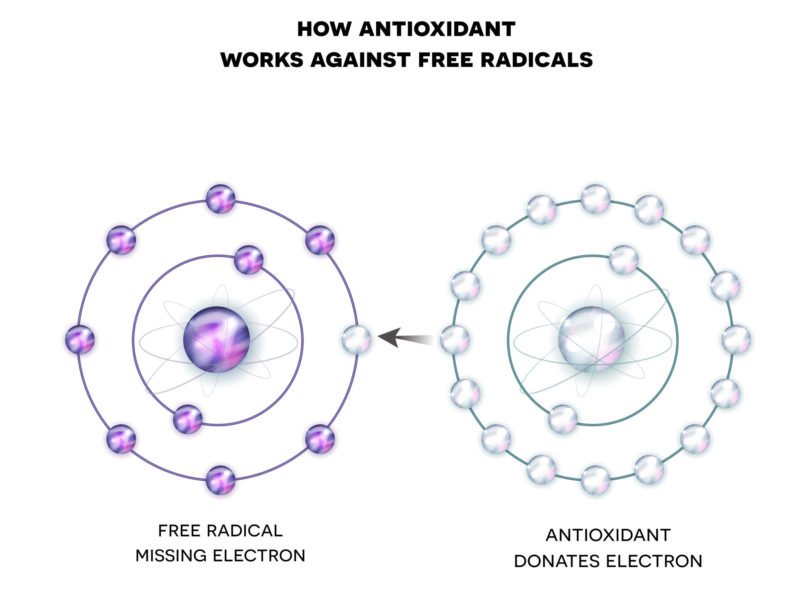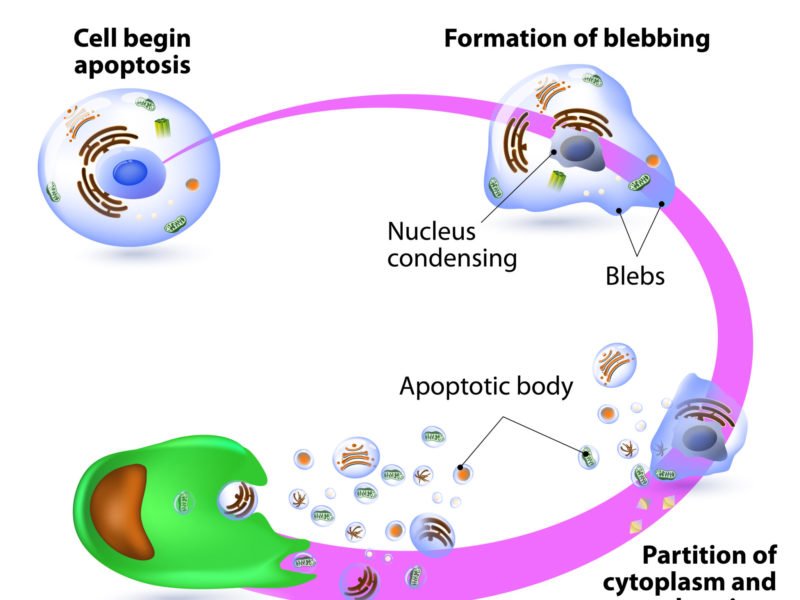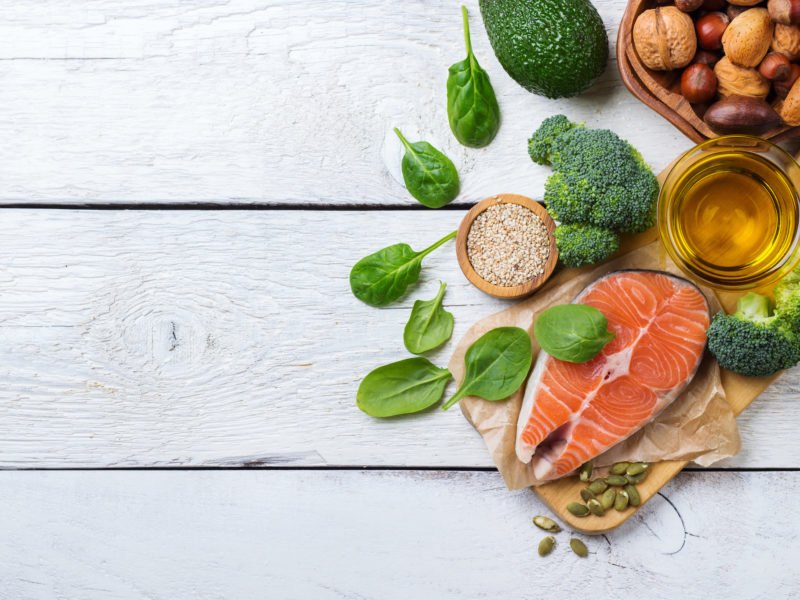The Role of Diet in Cancer
The knowledge behind cancer is constantly improving. The American Institute for Cancer Research has proven that a healthy diet and exercise regime can reduce cancer risk. A well-balanced diet is one of the most promising routines of an anti-cancer treatment plan. Health professionals are able to recommend certain foods and explain which dietary components are the best cancer-fighting foods/agents.
Dietary Components that Increase Cancer Risk
Red & Processed Meat
Studies show there is a link between colon cancer and high consumption of red meat. Red meat includes beef, pork, lamb, and goat.
The same goes for processed meat (2). Processed meat is fresh meat altered by smoking, salting, curing, or fermenting it (1). Examples of processed meat are charred meat and other smoked foods. Salted and smoked foods also contribute to your risk of stomach cancer (11).
Research shows that eating 50 grams/per day of processed meat is linked to a 20% increased risk of colorectal cancer, which is the third most diagnosed in men (1). While it is still unclear exactly why, researchers believe it is probably due to the nitrates added to the meat, and the iron it contains. The International Agency for Research on Cancer classifies processed meats as a group 1 carcinogen (meaning it’s proven to cause cancer in humans) (2).
Cancer-causing foods to avoid in this category:
- bacon
- hot dogs
- sausage
- ham
- beef jerky
Alcohol
Heavy alcohol consumption is a known cause of certain cancers in humans. Cancers proven to be influenced by alcohol are throat, liver, breast, colorectal, and esophageal cancer (3).
Alcohol puts us at a higher risk for developing cancer because when our body breaks down ethanol it converts to acetaldehyde. Acetaldehyde is a toxic chemical that can damage our DNA, along with proteins and fatty acids found in our bodies (3).
Consuming too much alcohol also interferes with the metabolism of important nutrients such as vitamin A, folate, vitamin C, and vitamin D. Alcohol also increases estrogen, and irregular estrogen levels are associated with breast cancer and ovarian cancer.
Refined Sugars
Refined sugar is usually found as sucrose and comes from sugar cane which it is processed from to extract the sugar (6). Unfortunately, chemically produced sugar such as high-fructose corn syrup or artificial sweeteners are often added to our food to sweeten it. Manufactured foods like cereal, coffee creamer, crackers, and soda usually contain high-fructose corn syrup to add flavor (6).
The natural sugars in our diet come from fruit and dairy products (6). These are found in the form of fructose instead of the sucrose form of refined sugars. Our body metabolizes refined sugar much quicker than natural sugar, and you can digest a lot of it without feeling full. As a result of this quick metabolism, blood sugar and insulin levels can rise rapidly when consuming refined sugars (6).
The consumption of refined sugars is much higher than it was in previous generations. It’s no secret that refined sugars contribute to weight gain and obesity. Obesity is linked to breast cancer, prostate cancer, pancreatic cancer, and endometrial cancer (6).
There are numerous health benefits to eating foods containing natural sugars and these should be a large part of an anti-cancer diet. Fruit is a great source of natural sugar, and it contains a lot of dietary fiber which helps causes us to feel full for longer than when we eat refined sugars (6).

Carcinogenic Chemicals
Acrylamide
There are a lot of cancer-causing substances involved in the mass production of consumer products. Acrylamide is a chemical used in many industrial processes. It is found in tobacco smoke and can be produced when potatoes are heated to high temperatures (3). Therefore, foods containing the most acrylamide are potato chips and french fries.
Although found in certain types of food, it is generally a bigger risk factor for people who smoke. Smokers have 3-5 times more acrylamide in their blood than those who do not smoke (3). Animal studies show that acrylamide is converted to a chemical called glycidamide which causes mutations in DNA (3).
Bisphenol-A
BPA a known carcinogen and often enters the body through diet. This is because the toxic chemical can leach in from the containers we eat and drink out of (8).
Bisphenol-A or BPA, is a chemical compound commonly used in the production of polycarbonate plastics and epoxy resins (8). Polycarbonate plastic is found in food packaging, drink packaging, baby bottles, and water bottles. Epoxy resins are used to coat food cans, bottle tops, and other metal products (8).
To avoid the consumption of BPA:
- Never microwave polycarbonate plastic.
- Limit canned foods in your diet.
- Use glass or stainless steel containers for storing food and drink.
- Buy BPA free water and baby bottles.
Dietary Components that Reduce Cancer Risk
Antioxidants
Antioxidants are chemicals that neutralize free radicals. Free radicals are reactive chemicals that can damage cell membranes, DNA, and proteins (3). They are made naturally in our body and play a part in many cellular processes. However, a lot of free radicals can harm the body, and that is why we need antioxidants to neutralize these chemicals (3).

Food and beverages containing antioxidants are:
- fruits
- vegetables
- whole grains
- green tea
Dietary supplements including antioxidants are:
Calcium
Calcium is a very important mineral found in:
- dairy products: yogurt, milk, and cheese
- dark green vegetables
Calcium is an important component of bone growth, and therefore a higher calcium intake for children ages 9-18 is recommended (3).
Calcium is commonly taken as a dietary supplement, but too much calcium supplementation can be associated with negative side effects. One study by the National Cancer Institute linked increased risks of prostate cancer with high dietary intakes of calcium and low-fat dairy products (3). It is important to follow the recommended dosage. For adults, the suggested maximum is 25000 mg per day (7).
Calcium is associated with reduced risk of cancer because of the mechanisms it influences. Calcium binds to fatty acids in our bodies, and this inhibits mechanisms that can damage cells in the lining of the colon. Calcium also affects cell proliferation (3). It can reduce cell proliferation in the colon, improve cell signaling, and cause cancer cells to die (3).
The National Institutes of Health-American Association of Retired Persons conducted a large study including 293,000 men and 198,000 women in the United States (3). This analysis showed that there is a 20% lower risk of colorectal cancer in men, and a 30% lower risk of colorectal cancer in women when their diet included high amounts of calcium (3).
Vitamin D
Vitamin D is important in helping our bodies absorb and use calcium. We can receive vitamin D through exposure to sunlight, food, and dietary supplements. While not completely clear, there are some studies that associate high intakes of vitamin D with reduced risk of colorectal cancer (3).
Vitamin D consumption has also been linked to a reduction in lung cancer mortality rate (4). Studies in mice explain that vitamin D may prevent cancer by promoting cell differentiation, decreasing cancer cell growth, and inducing apoptosis (cell death) (3). Researchers are still performing clinical trials to determine how much vitamin D is needed to prevent or slow cancer development.

There are not a lot of foods that naturally contain vitamin D. However, some healthy foods naturally containing the most vitamin D are:
- salmon
- tuna
- fish liver oils
- mushrooms
With fish, it’s best to choose wild-caught whenever possible. Farmed salmon and other farm-raised fish increase your risk of exposure to cancer-causing chemicals and other unsafe pollutants and contaminants (10).
Healthy Fats
Polyunsaturated fats, commonly referred to as healthy fats, are found in liquid vegetable oils, nuts, and seeds (9). These foods possess numerous health benefits. A diet high in these foods is sometimes called a Mediterranean diet (9).
A Mediterranean diet is full of healthy fats that are beneficial to our overall health. It includes a high intake of:
- olive oil
- nuts
- vegetables
- fruits
- whole grains
A Mediterranean diet also includes a moderate intake of fish. Fish contains a lot of omega-3 fatty acids which have been shown to prevent heart attack and heart disease (9).

The Future: Treatment Through Prevention
Preventative medicine is the best way to “treat” cancer. In today’s world, healthcare professionals are more aware of cancer causes, and therefore, they work to educate in prevention. Two easy steps to help fight cancer are practicing a healthy diet and regular physical activity. These measures help us maintain a healthy weight, which is important because obesity is a breeding ground for cancer cells. A healthy eating includes the proper amount of fruits, vegetables, whole grains, and fish, and trying to choose organic, non-GMO foods whenever possible. All of these foods contain important vitamins and nutrients that help in cancer treatment and prevention.
Citations
- https://www.health.harvard.edu/cancer/cancer-and-diet-whats-the-connection
- https://health.clevelandclinic.org/link-red-meat-cancer-need-know/
- https://www.cancer.gov/about-cancer/causes-prevention/risk/diet
- https://www.ncbi.nlm.nih.gov/pmc/articles/PMC5690785/
- https://ods.od.nih.gov/factsheets/VitaminD-HealthProfessional/
- https://www.cancercenter.com/discussions/blog/natural-versus-refined-sugars-what-is-the-difference/
- https://www.cancer.gov/about-cancer/causes-prevention/risk/diet/calcium-fact-sheet
- https://www.niehs.nih.gov/health/topics/agents/sya-bpa/index.cfm
- https://www.hsph.harvard.edu/nutritionsource/what-should-you-eat/fats-and-cholesterol/dietary-fat-and-disease/
- https://health.clevelandclinic.org/fish-faceoff-wild-salmon-vs-farmed-salmon/
- https://www.cancer.org/cancer/stomach-cancer/causes-risks-prevention/prevention.html
- https://www.skincancer.org/prevention/can-your-diet-help-prevent-skin-cancer


 Genetics of Cancer
Genetics of Cancer